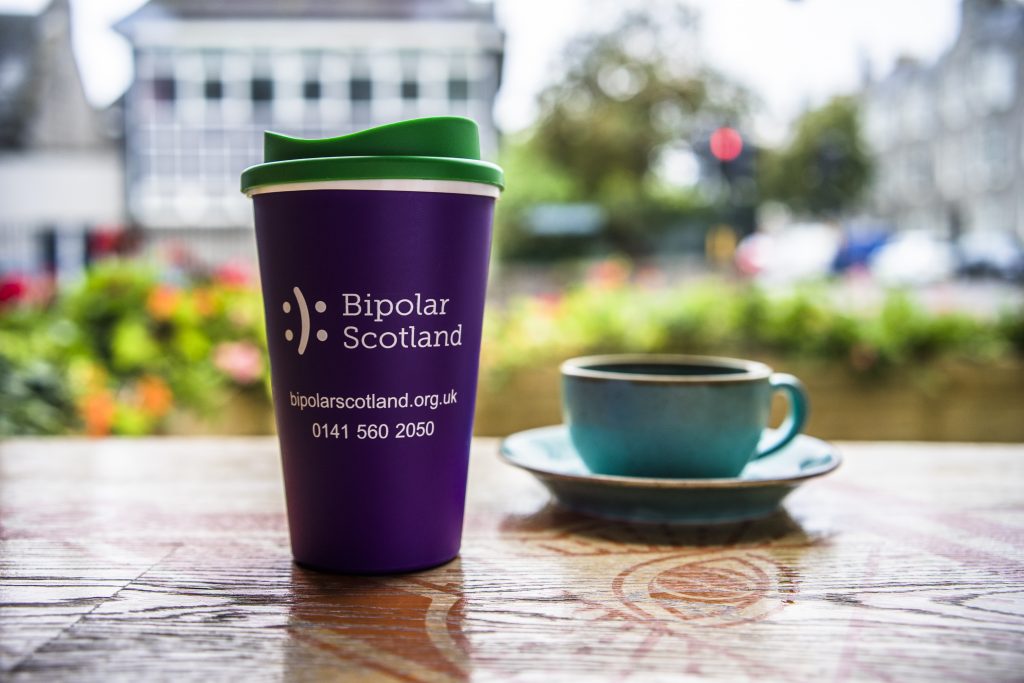Bipolar presents differently for different people, but generally people with bipolar will fluctuate between the symptoms of depression and mania or hypomania (a lesser mania). Some people will also experience mixed episodes, where they may feel elated and depressed at the same time. It is not uncommon for people to have lived with the symptoms of bipolar for a number of years before being diagnosed. If you are concerned that you or a loved one might be experiencing any of the symptoms below, the first step should be to speak with your doctor.
During a manic phase (high) of the illness people experience a range of symptoms including:
Extremely Happy and Excited
Increased Activity Excessive Energy
reduced need for sleep/unable to sleep
reduced appetite
euphoric feelings
extreme irritability and more critical of others
poor judgement with impulsive, unusual decisions
numerous plans and ideas
fast, pressurised speech
racing thoughts
easily distracted
increased libido
lack of insight
grandiose and unrealistic plans
overspending
loss of inhibitions
During a manic phase (high) of the illness people experience a range of symptoms including:
Extremely Happy and Excited
Increased Activity Excessive Energy
reduced need for sleep/unable to sleep
reduced appetite
euphoric feelings
extreme irritability and more critical of others
poor judgement with impulsive, unusual decisions
numerous plans and ideas
fast, pressurised speech
racing thoughts
easily distracted
increased libido
lack of insight
grandiose and unrealistic plans
overspending
loss of inhibitions
During a depressive episode people experience a range of symptoms associated with low mood. These include:
Feelings Of Sadness, Hopelessness And Emptiness
reduced energy and constantly feeling tired
Sleep Disturbances Including Sleeping Too Much or Waking Early
losing interest and enjoyment in things
restlessness and agitation
feeling guilty, inadequate and worthless
loss of confidence and self esteem
irritability
appetite and weight changes
difficulty making even simple decisions
loss of motivation
avoiding social contact
poor concentration
thoughts of suicide
paranoia
During a depressive episode people experience a range of symptoms associated with low mood. These include:
Feelings Of Sadness, Hopelessness And Emptiness
reduced energy and constantly feeling tired
sleep disturbances including sleeping too much or waking early
losing interest and enjoyment in things
feeling guilty, inadequate and worthless
restlessness and agitation
loss of confidence and self esteem
irritability
appetite and weight changes
difficulty making even simple decisions
loss of motivation
avoiding social contact
poor concentration
thoughts of suicide
paranoia
Depression can give rise to psychosis also. During depression this may mean believing that you are uniquely guilty, that you are worse than anybody else or even that you don’t exist.
Variations on bipolar illness include rapid cycling and mixed states. Rapid cycling is defined as 4 or more episodes in a year. In a mixed state, elements of both depression and mania or hypomania will be present at the same time.
Between episodes the mood may return to normal or some residual symptoms may remain.
"*" indicates required fields

On The Level, our bi-monthly e-magazine for people in Scotland living with bipolar, is packed full of articles, case studies, news and opportunities to take part in research. Why not sign up to receive it and join the caring, informed Bipolar Scotland community?